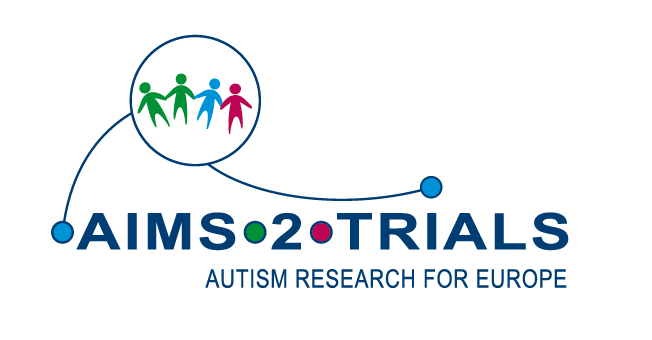ETHICS
AIMS-2-TRIALS will comply with ethical principles and applicable national, EU and international laws. All research studies and trials of therapies must achieve official ethical approval from the national ethics commission in the country that they are based, and comply with national health bodies.
Studies that involve people will place particular emphasis on: appropriate study design; expertise of the investigators performing the study; the rigour of the local approval process; the validity of informed consent; minimizing risks to participants; possible benefits to autistic individuals; data protection and privacy. The studies are all being led by investigators who have an established of track record of excellent scientific work that typically span two decades. Also, A-Reps will be able to provide input and feedback on the research, including ethical considerations.
Two independent Ethics Boards have been founded to critically review of all aspects of AIMS-2-TRIALS. The boards are made up of external experts with their own budget.
Data Monitoring and Ethics Board (DMEB)
The Data Monitoring and Ethics Board (DMEB) aims to protect and serve the clinical study participants. It also aims to assist and advise the investigators to ensure the validity and credibility of the clinical research and trials. It consists of an independent group of researchers and clinicians with expertise in autism, plus a statistical expert and an ethical expert.
The DMEB will receive reports from researchers every six months. It will then meet to discuss the reports and to ascertain whether if the researchers are following the rules and regulations. The DMEB operates in accordance with a charter that follows the guidelines of the DAMOCLES study group for charters on clinical trial data monitoring committees. Find out more about DAMOCLES here (Link).
External Ethics Advisory Board (EEAB)
The second board is the External Ethics Advisory Board (EEAB). This board will ensure that AIMS-2-TRIALS employs a consistent approach to ethics across projects and countries, where appropriate. They will provide expert advice to the consortium on any ethical issues that arise in a particular study. The EEAB will also engage with key experts to provide additional advice where necessary, for example on new EU legislation as it arises. Lastly, the EEAB will develop strategies to explore the ethical implications of new research findings and will be submit an annual report.







